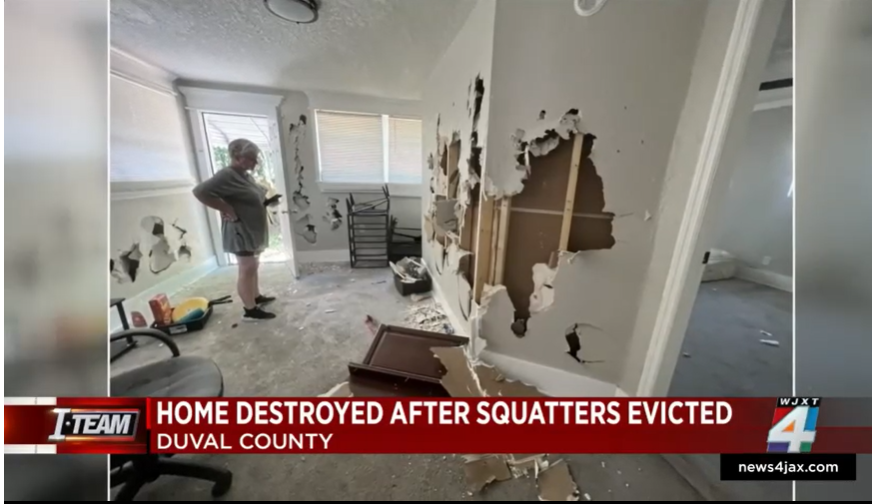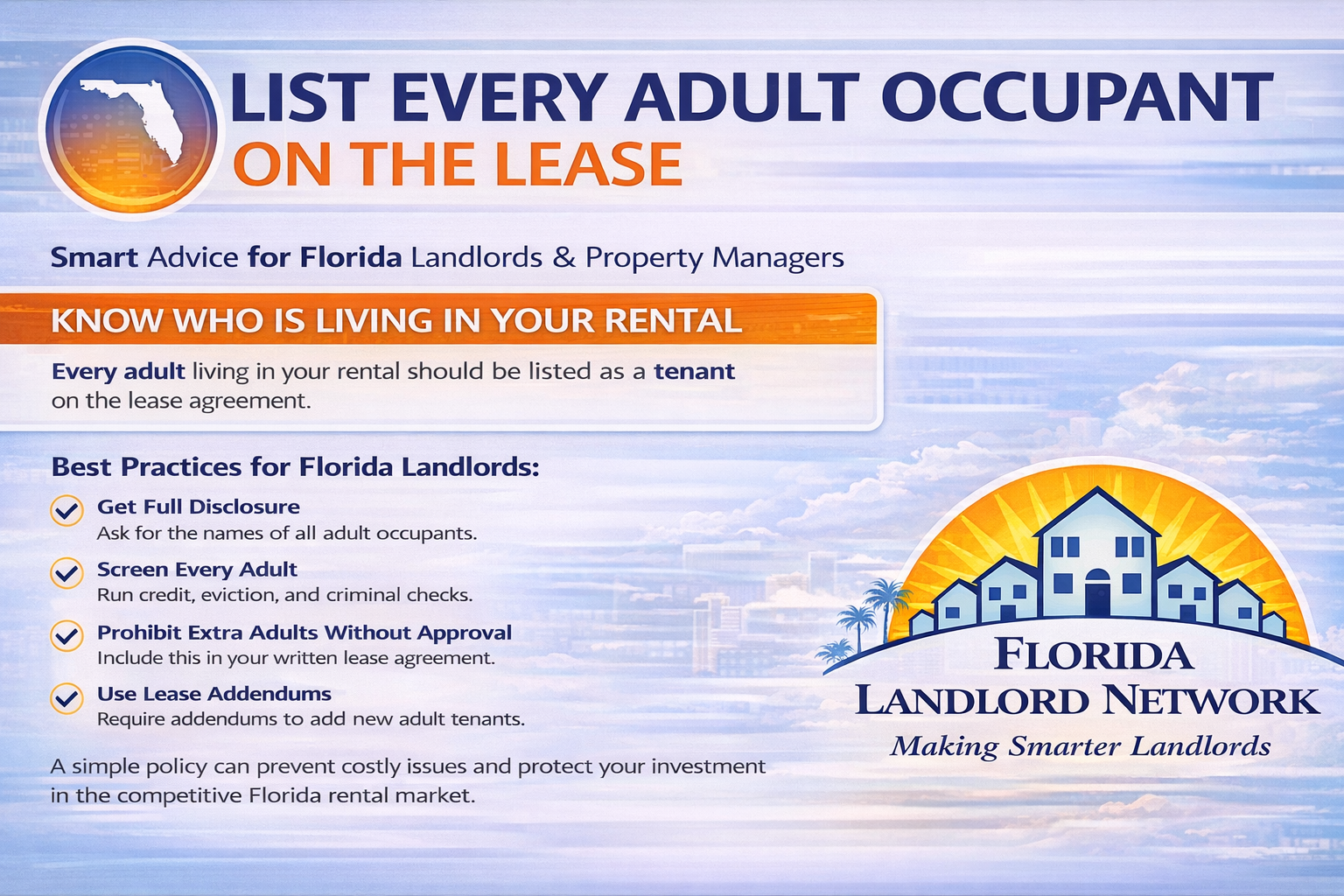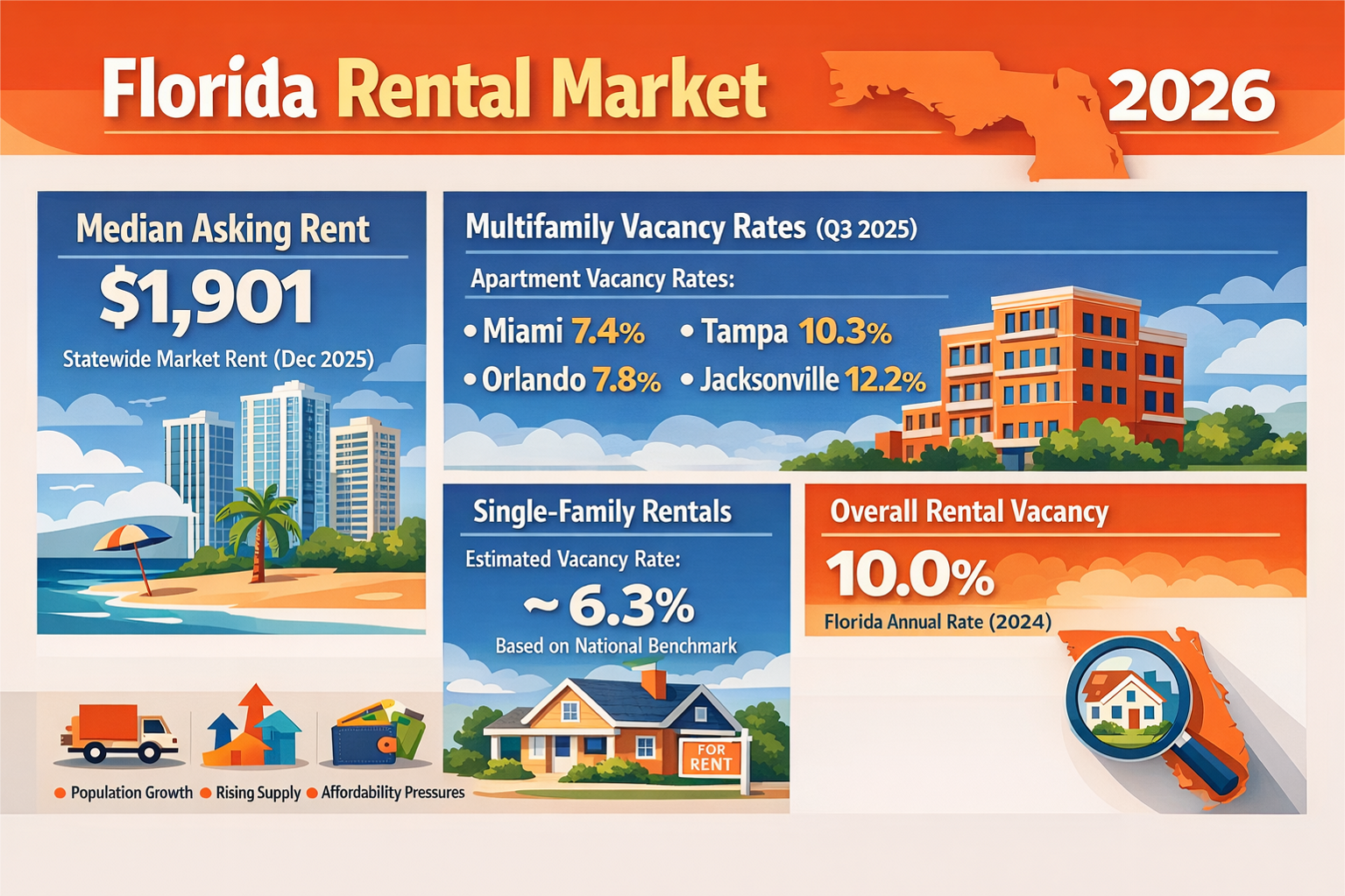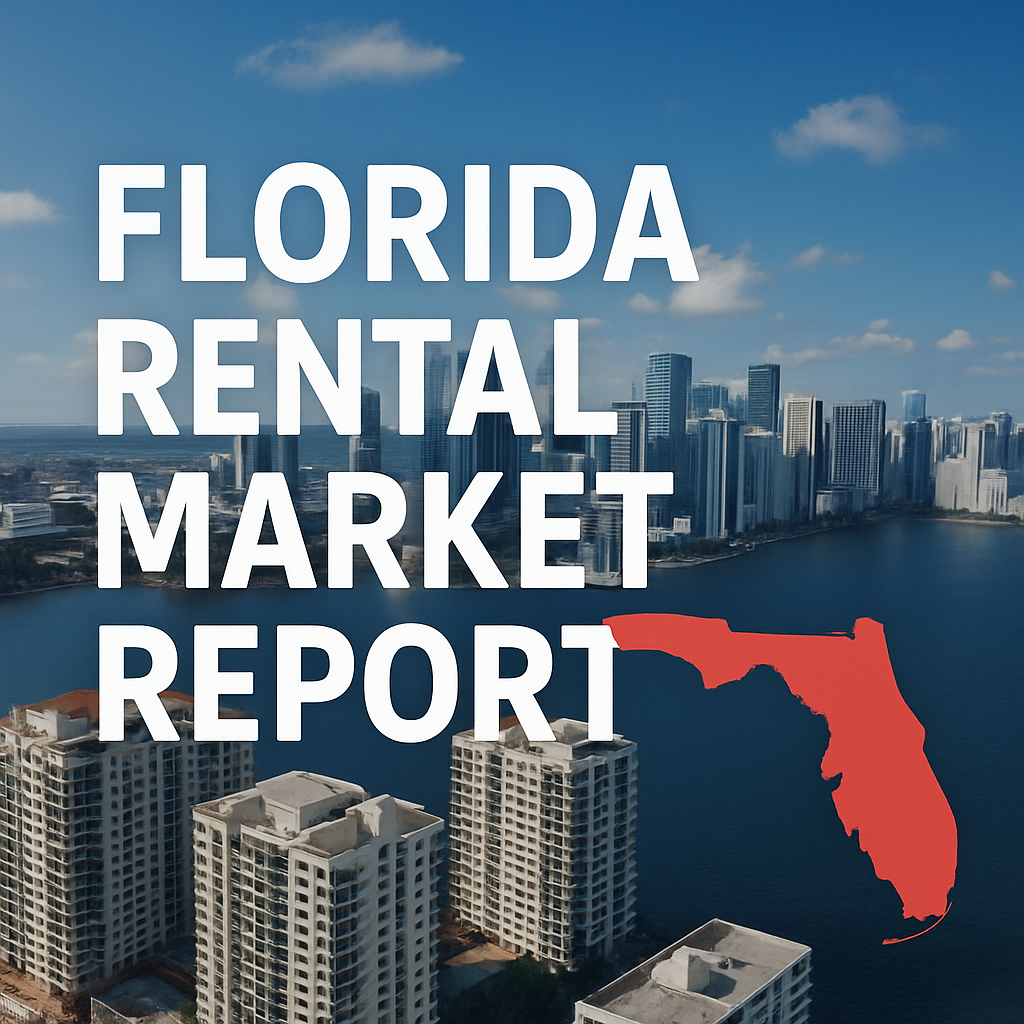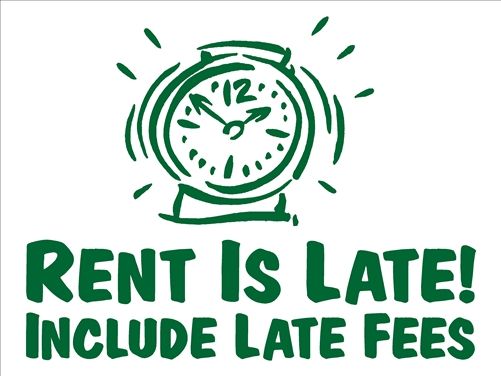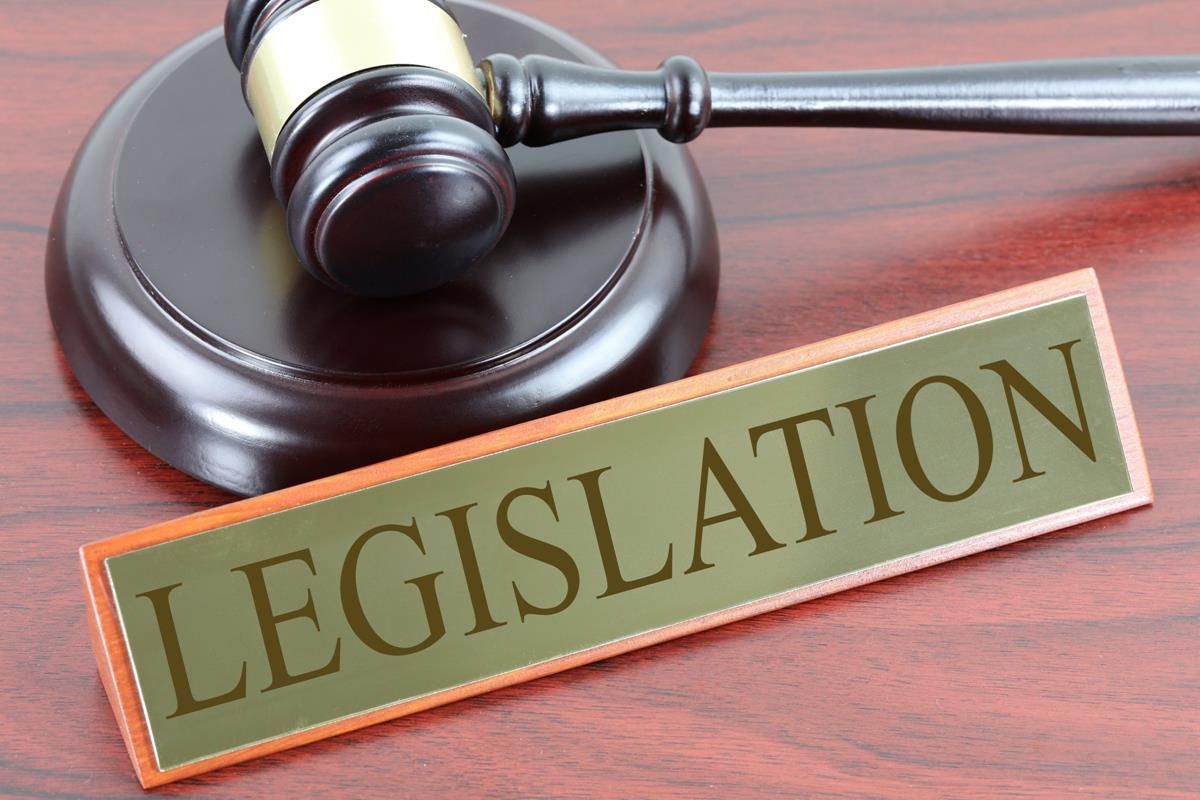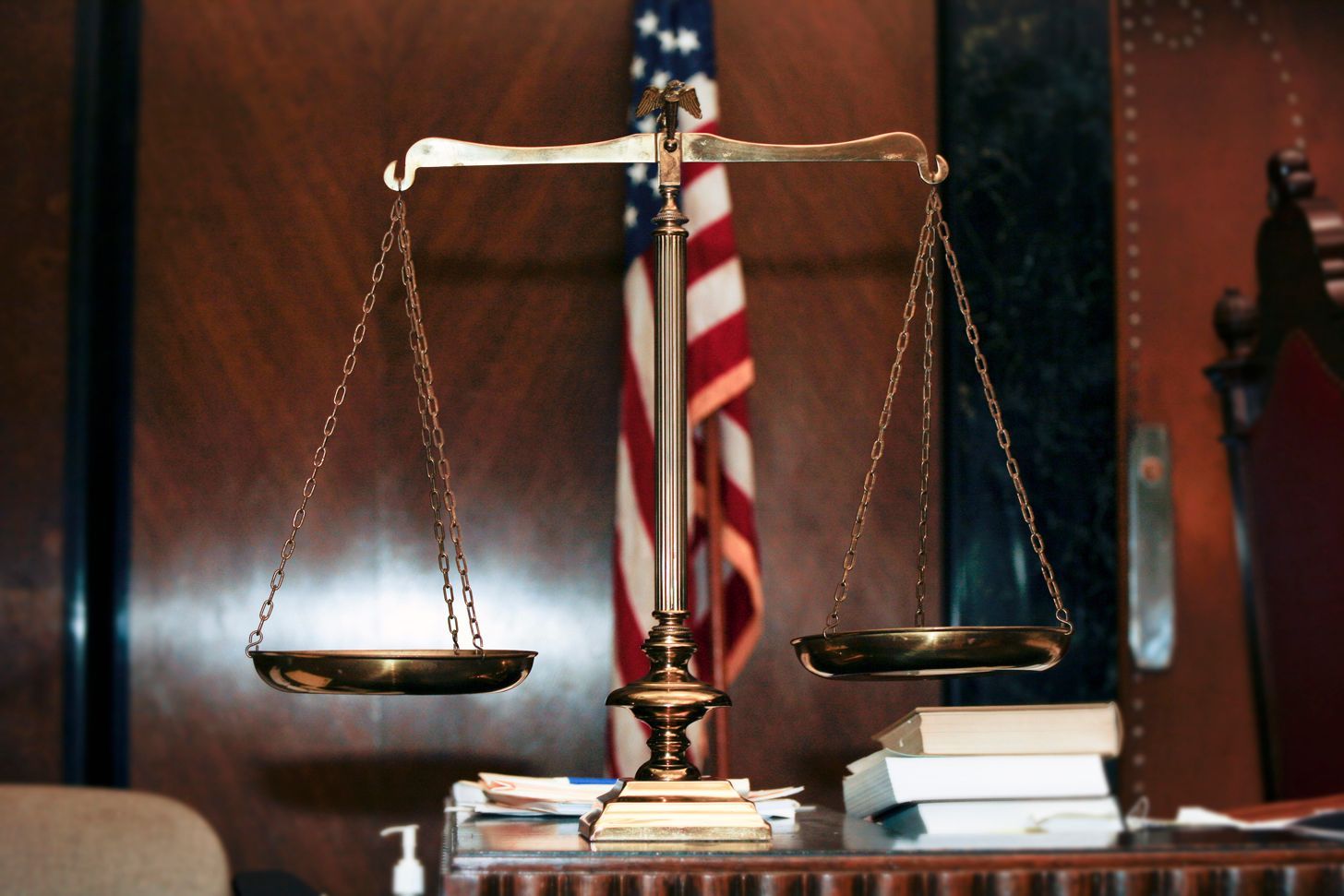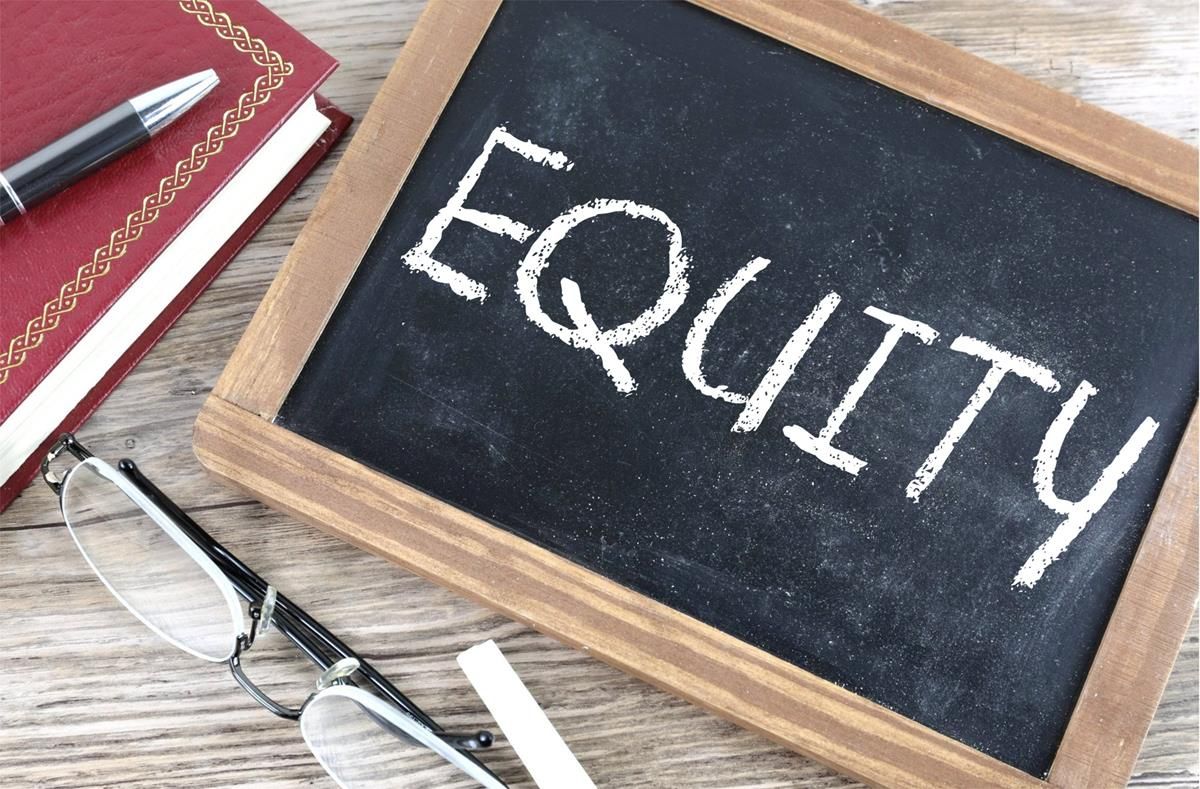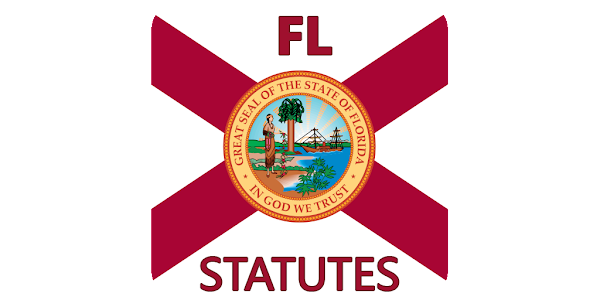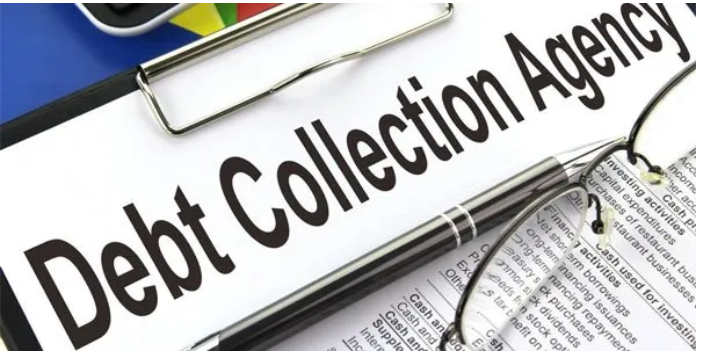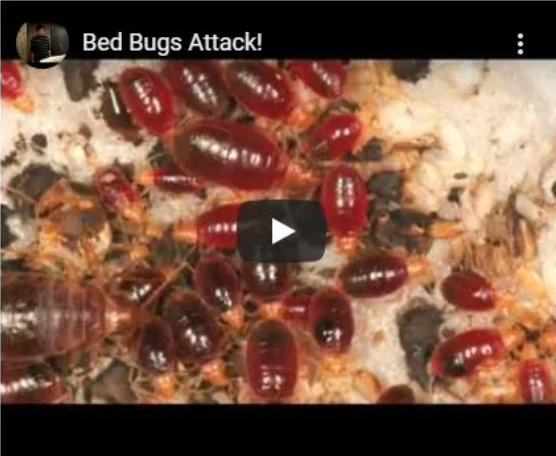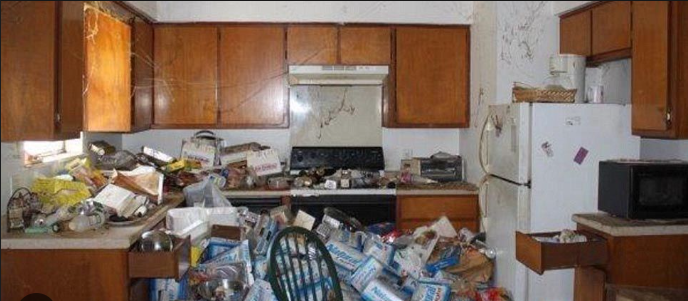IMPORTANT: If you are a Landlord and you provide water to your tenants via pump and well, here is a page from the website of "America's Largest Injury Law Firm". This looks like a new market for them and that should get your attention!

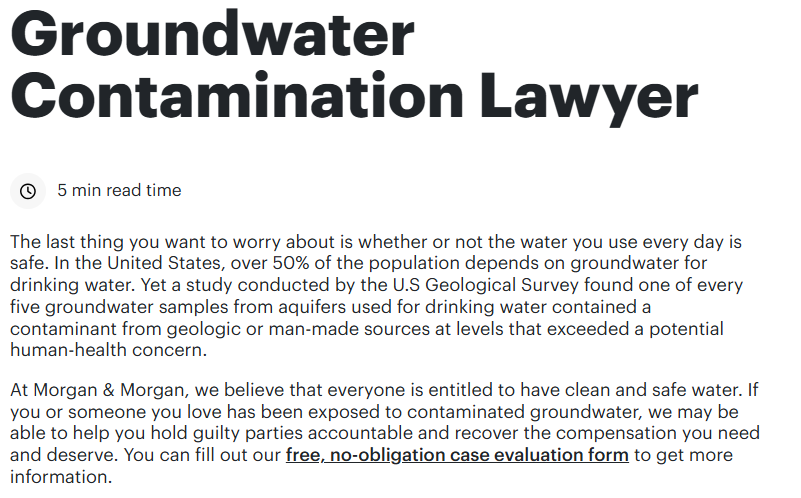
Groundwater Contamination:
May Be A Problem for Florida Landlords
Hey Landlords—Your Well Water Could Get You in Trouble
If you’re a landlord providing water through a well, pay attention. Dirty groundwater is a serious issue in Florida, and it’s not just about wells. It can mess up city water, crops, and local rivers. Here’s what you need to know to stay safe and avoid big problems.
What’s Wrong with Groundwater?
Groundwater is the underground water many Floridians use for drinking, cooking, and farming. But it’s getting polluted by harmful stuff like:
- PFAS (“forever chemicals”): These come from firefighting foam used at military bases or airports. They can cause cancer or other health issues.
- Chemicals like TCE or PCE: These come from factories or dry cleaners and can make people sick.
- Bacteria like E. coli: These can cause serious illness if they get into water.
This pollution comes from places like military bases, farms, or old leaky tanks. It’s a big deal because:
- It can make drinking water unsafe, whether from a well or city pipes.
- It can get into food if farmers use bad water on crops.
- It can hurt fish and wildlife when polluted water reaches rivers or lakes.
Florida’s ground lets water move easily, so pollution spreads fast. A study says 95 million Americans, including lots of Floridians, might be drinking contaminated groundwater. Cities like Titusville are already fighting this problem.
Landlords: You Could Face Trouble
If you’re a landlord with a well supplying water, Florida law says you have to keep that water safe. If it’s contaminated and causes harm, you could face lawsuits or money problems.
What Could Go Wrong?
- Lawsuits: If your water makes people sick and you didn’t fix the problem, you could be sued. A lawsuit might claim:
- You knew (or should’ve known) the water was bad.
- The water caused health issues, like cancer or stomach problems.
- You didn’t act, and people got hurt or lost money.
- Money Problems: Lawsuits could cost you for medical bills, suffering, or lower property value. You might also have to pay for water tests or cleanup.
- New Rules: In 2024, the EPA set strict limits on PFAS in water (4 parts per trillion for PFOA and PFOS). Even if your well isn’t covered by these rules, people expect safe water, and you could still get in trouble.
- Bad Reputation: If word gets out your water’s unsafe, your property could lose value or be hard to rent out.
Real Examples
- In 2025, someone in Miami-Dade County sued because PFAS in their water was linked to kidney cancer.
- Titusville joined a 2023 lawsuit against companies like 3M to clean up polluted wells.
- Years ago, bad water at Camp Lejeune (with TCE and PCE) made people sick, showing how serious this can be.
Can You Defend Yourself?
You might say you didn’t know the water was bad, especially if pollution came from somewhere else, like a nearby factory. But if there were signs—like complaints about water taste or sickness—and you ignored them, a court might still blame you. It’s not easy to prove bad water caused harm, but you don’t want to risk a lawsuit.
It’s Not Just Wells
Dirty groundwater isn’t only a problem for private wells. It can affect:
- City Water: Many Florida towns use groundwater for tap water. If it’s polluted, faucets might not be safe.
- Farms: Bad water used on crops can make food unsafe to eat.
- Nature: Polluted water can flow into lakes or rivers, hurting animals and people downstream.
- Businesses: Stores or offices with wells could have the same issues, affecting workers or customers.
How to Protect Yourself
For Landlords
- Test Your Water: Check wells for PFAS, chemicals, or bacteria, especially if you’re near a military base, airport, or factory.
- Use Filters: Get a water filter that removes PFAS or other bad stuff, like reverse osmosis or carbon filters. It shows you’re keeping water safe.
- Act Fast: If you hear about water problems, investigate and keep records of what you do.
- Be Honest: If you know about water issues, don’t hide them—it could save you from bigger trouble.
- Get Help: Make sure your insurance covers water contamination problems and talk to a lawyer who knows environmental issues.



